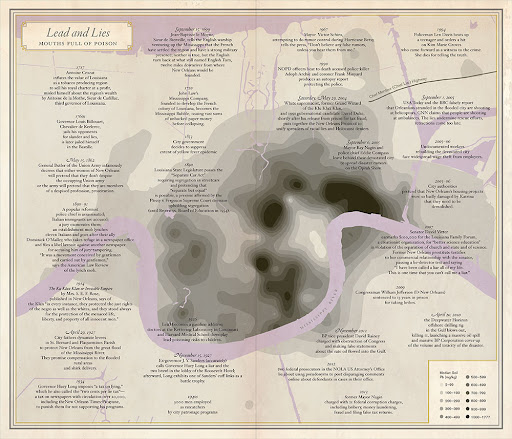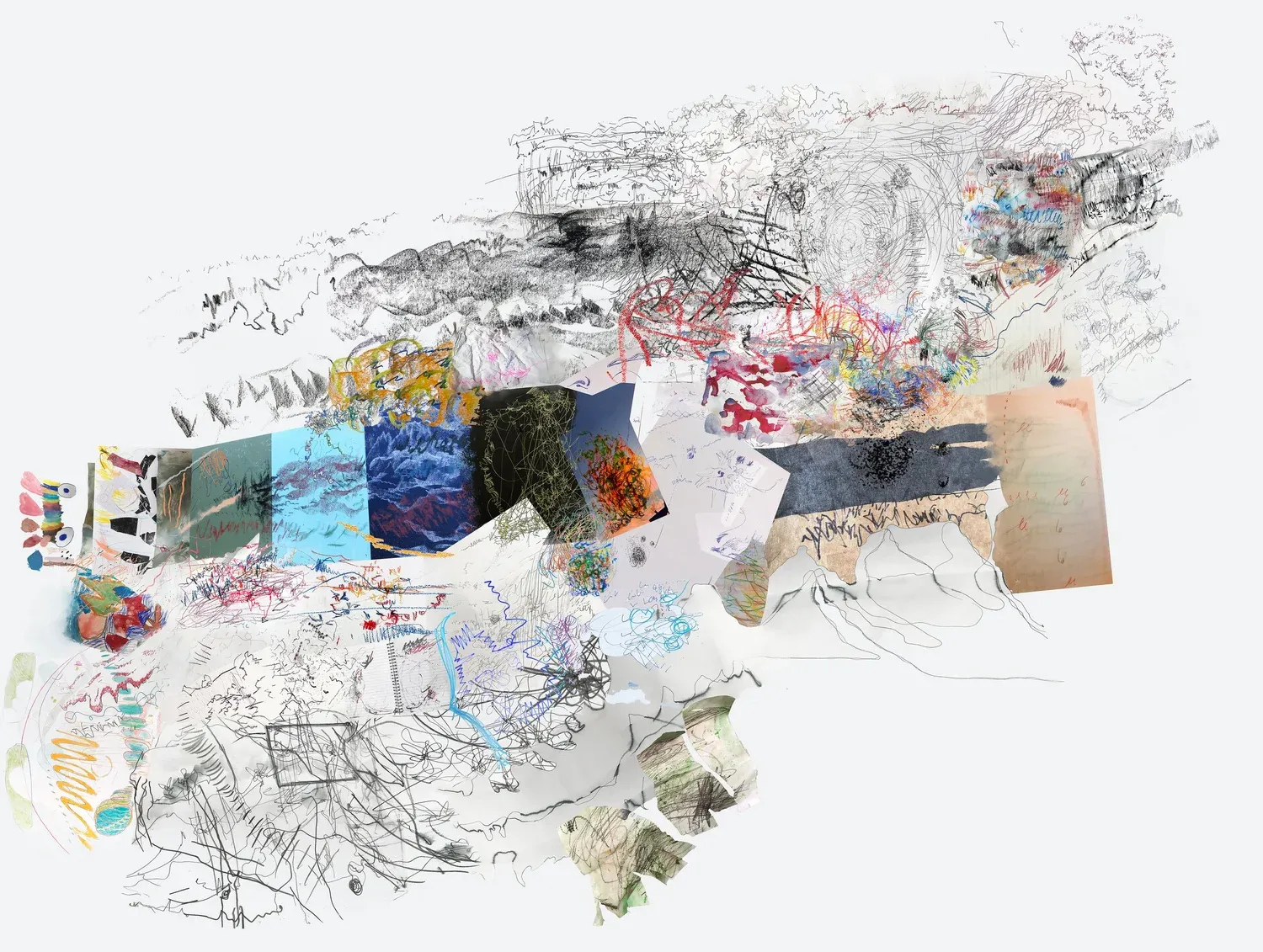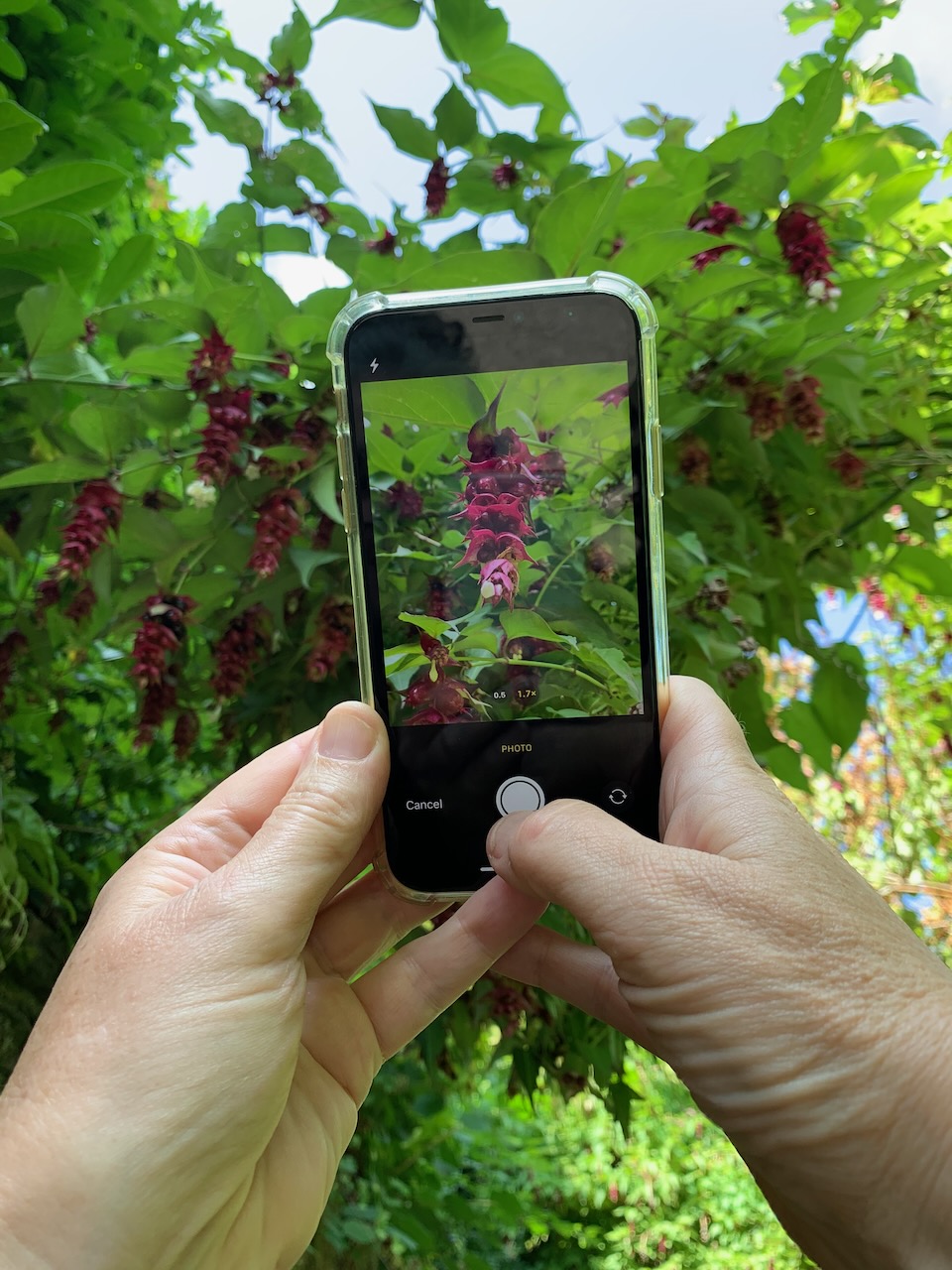Practices
Practices for bioregional design
An artist's studio practice is defined by the processes, research and experimentation that take place there. Similarly, for BLC, we regard what we do as an ongoing process, encompassing not only the physical act of doing or making, but also the ideas, research, experimentation, skill development, and reflection that contribute to the design process. We have three main practices, all closely related, or nested. Bioregioning is a form of action learning, and neither would be effective without relevant communication.
Inspiration: Making data relatable, a sign in Oslo airport.


Bioregioning connects people and place
Bioregioning is about understanding the interconnected ecosystems and human systems within a place. It’s a practice of developing relational skills to find pathways for action at a systems scale. By working at the bioregional level, we can address challenges like climate change, biodiversity loss and economic contraction in ways that are tailored to our unique context.
Learn more about bioregioning
Action learning helps us see what's happening
Action learning is about learning by doing: asking a question, beginning an enquiry, taking action, seeing what works, evaluating that and re-designing for the next action—cycles of activated learning. It’s not an academic discipline, but a way for us to tackle real issues, consider consequences, seek answers from lived experience and develop competence.

Communicating is essential to interconnectedness
The word 'communication’ is derived from the Latin root 'communis', which means ‘common, public, shared by all or many'. Like blood in a body, sap in a plant or water in a river, communication keeps things moving, and holds the potential to share messages and meanings in new and relevant ways. The mission-led experiences, print and digital resources produced by BLC call attention to relationships, interactions and collective learning—towards a media commons that more authentically serves the public, and planetary, interest.
Explore our learning resourcesStep into the Lab
The Lab is where we experiment with new ideas, develop innovative practices and explore creative ways to build resilience. It’s a space for collaboration and discovery that drives our work forward.
Enter the labTransforming learning into a banquet
.jpg)

Lead and Lies
From Rebecca Solnit's New Orleans Atlas; concentration of lead in the soil + political lies
From Rebecca Solnit's New Orleans Atlas; concentration of lead in the soil + political lies


Speculative Cartographies
https://criticalplayground.org/speculative-cartographies/
https://criticalplayground.org/speculative-cartographies/

The bioregion... not a new twist on a story, something we are in, living with, have been with for a long time

Mark Leahy Quote
- Mark Leahy, artist
- Mark Leahy, artist


Emilio soil
Artist Emilio Mula is digging into sediment
Artist Emilio Mula is digging into sediment


On the way to the shops
Researching plantlife previously unnoticed
Researching plantlife previously unnoticed
